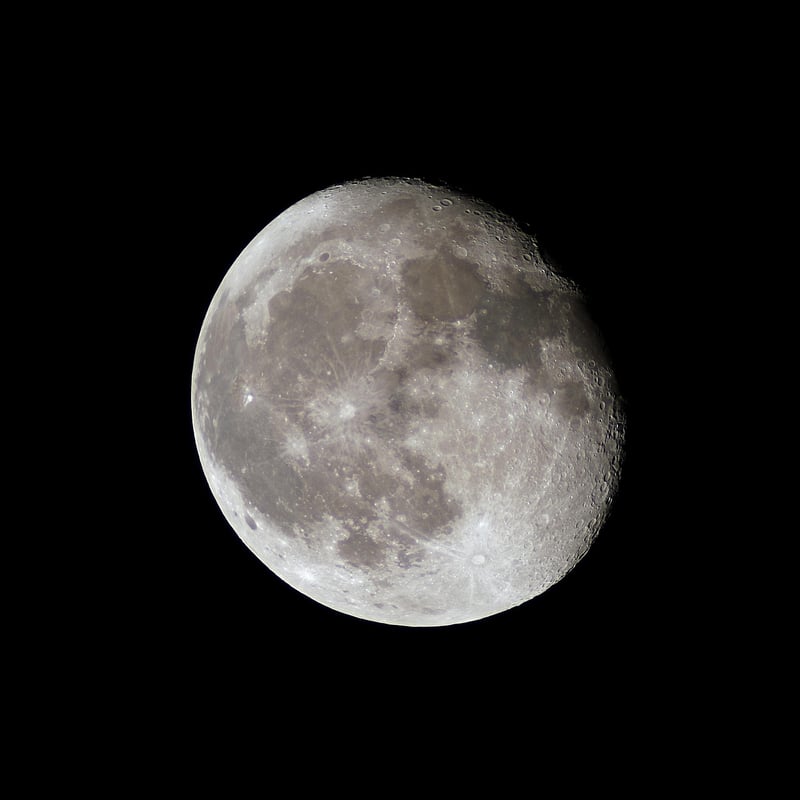Lunar colonization
Exploring Distant Worlds and Lunar Colonization
Welcome to an exciting journey into the realm of space exploration, where we will delve into the study of distant worlds and the fascinating prospect of lunar colonization.
Studying Distant Worlds
Humanity's quest to understand the vast universe has led to the exploration of distant worlds beyond our solar system. Through advanced telescopes and space probes, scientists have discovered exoplanets, planets orbiting stars outside our solar system.
These distant worlds vary in size, composition, and distance from their parent stars. Some may have conditions suitable for life, while others present extreme environments, such as scorching temperatures or freezing cold.

Studying these exoplanets provides valuable insights into the diversity of planetary systems in the universe and helps scientists in the search for habitable worlds beyond Earth.
Lunar Colonization
The Moon, Earth's natural satellite, has long captured the imagination of humans. In recent years, there has been a renewed interest in lunar exploration, with plans to establish a sustainable human presence on the Moon.
Lunar colonization offers numerous advantages, including serving as a stepping stone for further exploration of Mars and beyond, conducting scientific research in a unique environment, and potentially accessing valuable resources such as water ice.

Various space agencies and private companies are working on developing technologies and infrastructure for lunar missions, aiming to establish a permanent human outpost on the Moon in the coming decades.
Conclusion
As we look to the stars and explore the mysteries of the universe, the study of distant worlds and the prospect of lunar colonization represent important milestones in humanity's quest for knowledge and exploration beyond Earth.
Join us on this incredible journey as we push the boundaries of space exploration and strive to unlock the secrets of the cosmos.
